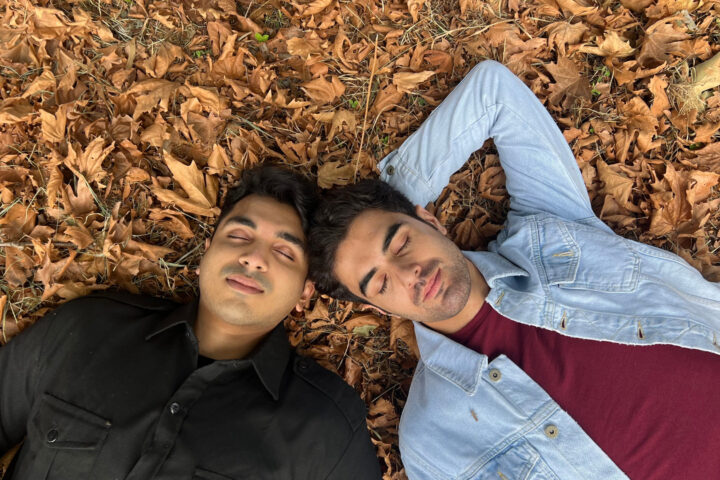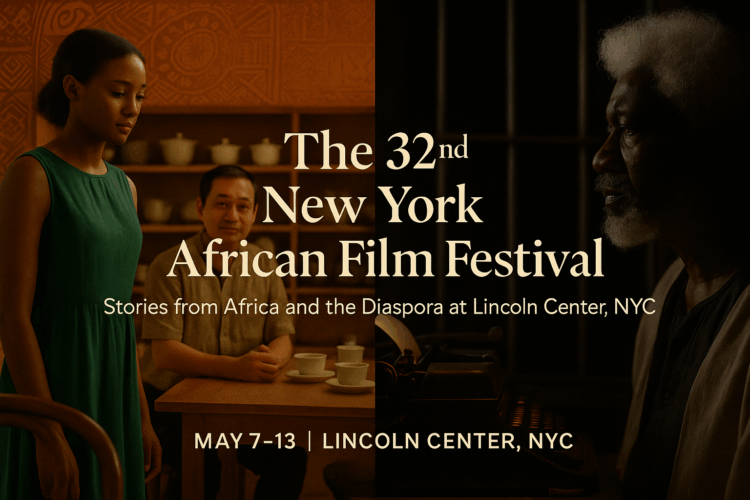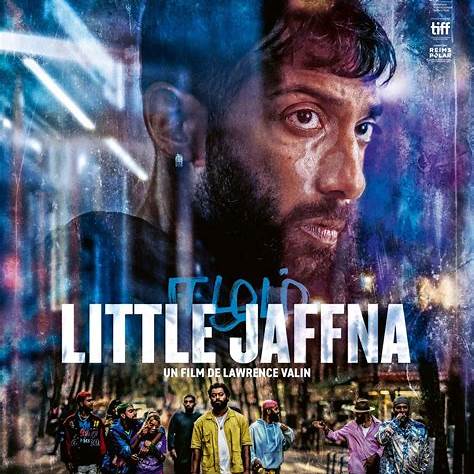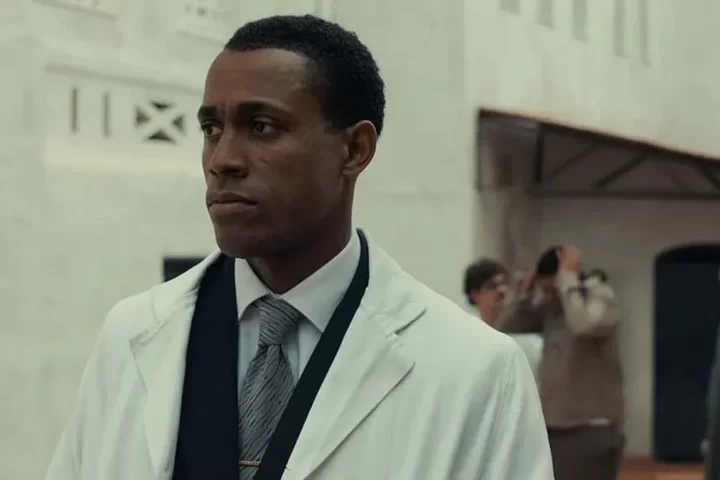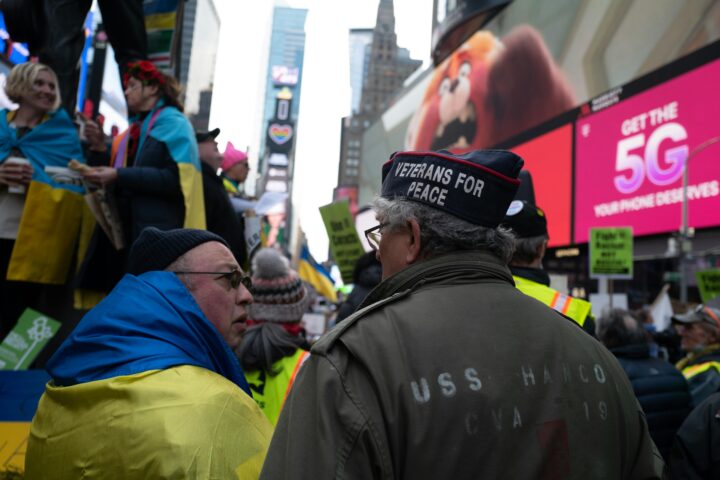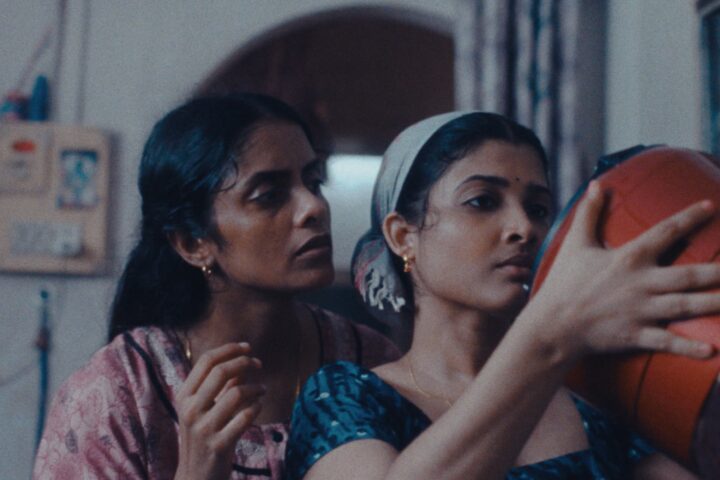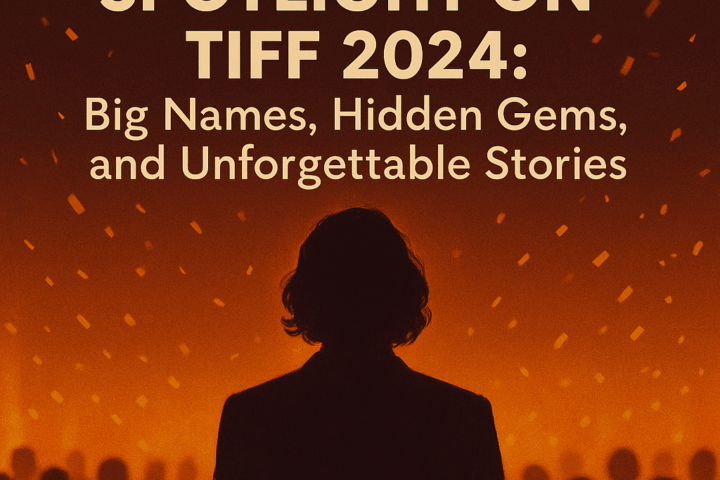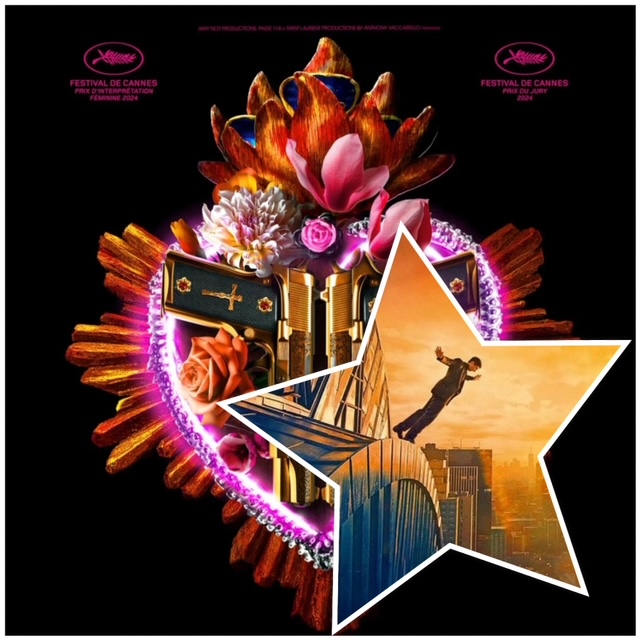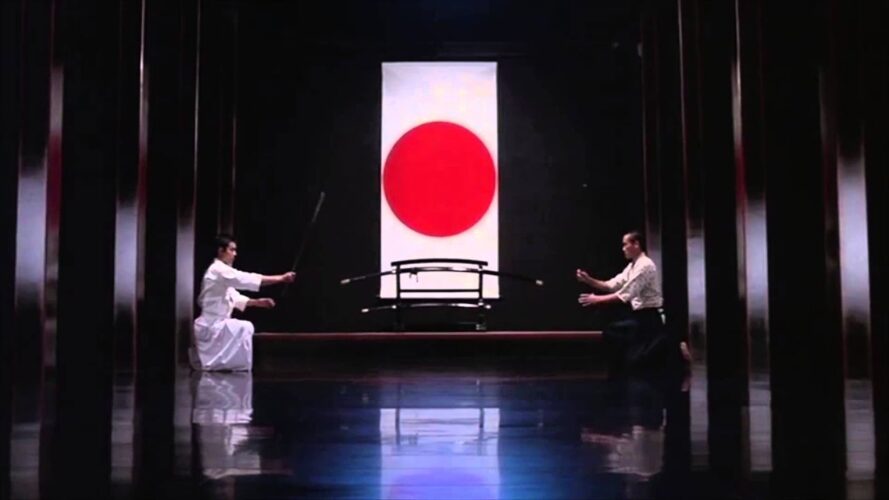2022 Toronto International Film Festival
Estimated reading time: 6 minutes
There are many film festivals around the world, Cannes, Venice and of course Sundance in the states, to name just a few, and yet there are none as important to a film’s commercial future as the Toronto International Film Festival. Founded in 1976, TIFF as it is affectionately known, has crept up ever so slowly to become the most important film festival, in terms of ensuring a film’s commercial future, in the world. A successful screening here and a film is almost guaranteed to become a commercial success. As with other film festivals around the world, TIFF, did resort to an online presence throughout the pandemic. But unlike other festivals, TIFF has returned with an in-person only edition.
Below is a list of some of my personal favourites:
Luxembourg, Luxembourg (Ukraine)
The Ukranian feature Luxembourg, Luxembourg, directed by Antonio Lukich, tells the story of twin brothers Kolya and Vasya. Sons of a Ukrainian mother and a Serbian father. At the start of the film their father is shown to be an all-powerful, local gangster who in his sons’ eyes can make the impossible happen. But at some point, during their childhood their larger-than-life father simply vanishes. Now that the twins are adults. they struggle with a sense of loss and want to know exactly what happened to their beloved father. In adult life Koyla and Vasya have taken radically different paths, Vasya works for the local police force, while Kolya lives a life closer to that of his father, driving a bus while secretly selling marijuana on the side. The twins’ lives are thrown into turmoil when they receive a phone call from Luxembourg stating that their father is fatally ill and that he wants to see them one last time. This becomes the catalyst for the brothers’ desperate race to reach their father’s bedside before he dies. Although the description may sound melodramatic what unfolds is an often hilarious and perspective road trip taken by the brothers to reconnect with a father, they thought they had lost years ago. With its Ukrainian setting, the film takes on an added poignancy when you see film’s locations which now, no longer exist. The twins during their journey are shown to be astonished at what they see as the luxuries that people can afford in the West. Highlighting the economic gulf, which existed even before the war between everyday Ukrainians and their western counterparts; a gulf which ironically many Russians soldiers now feel when they see what every day Ukrainians often own, but which is beyond their reach. A major cause for the rampant looting, which many Russian soldiers carry out. In the film, the boys’ journey takes them to an unexpected conclusion perhaps highlighting the fact that our perceptions of any individual’s life can in fact be deceptive.
Liturgy of Anti-Tank Obstacles (Ukraine)
Liturgy of Anti-Tank Obstacles is an unexpectedly moving Ukrainian short film, capturing how radically everyday life has altered in Ukraine, since the Russian invasion. With people often finding innovative ways through which to be useful to the war effort. In this almost silent short, we see four sculptors who work continuously to create both anti-tank obstacles (we see both the pieces they create as well as the ruined tanks they have helped to stop and destroy) and religious artifacts which at a time of such spiritual darkness they also create. Dmytro Sukholytkyy-Sobchuk’s short documentary wordlessly captures the resilience of a country whose infrastructure may be shattered, but whose spirit remains unbroken.
Elesin Oba, The King’s Horseman (Nigeria)
Elesin Oba, The King’s Horseman was the final feature directed by the late Biyi Bandele. A man who was not only an extraordinary film director but also an acclaimed author and a personal friend. Bandele beautifully adapts Wole Soyinka’s seminal play, a critically acclaimed masterpiece, which looks at the catastrophic consequences, which occur when local traditions are trampled upon by colonial forces. The play focuses on a local tradition, which dictated that upon the death of a king, his horseman would commit suicide so that the king’s soul would not be left to wander the world alone. The horseman, though having given himself over in life to the sensual benefits of his position and not its responsibilities is reluctant to carry out what this cultural tradition demands. The local colonial English officer, who despite showing little concern for the welfare of local people, is also determined that the Kingman’s death does not occur, belittling the tradition and imprisoning the Kingsman as a result. He unwittingly sets in motion a string of mounting tragedies. Wole Soyinka won the Noble Prize for literature because of this play and in it he does not hesitate in his condemnation of those who would criticize cultures they cannot even begin to understand.
- Leave No Trace
- Magical Realism with Marie-Thérèse Ross
- FLAMENCO FESTIVAL
- The Phusiris women: Bolivian musicians challenging social mores
- Gilles of Brittany, the anglophile prince who was murdered (1420-1450)


